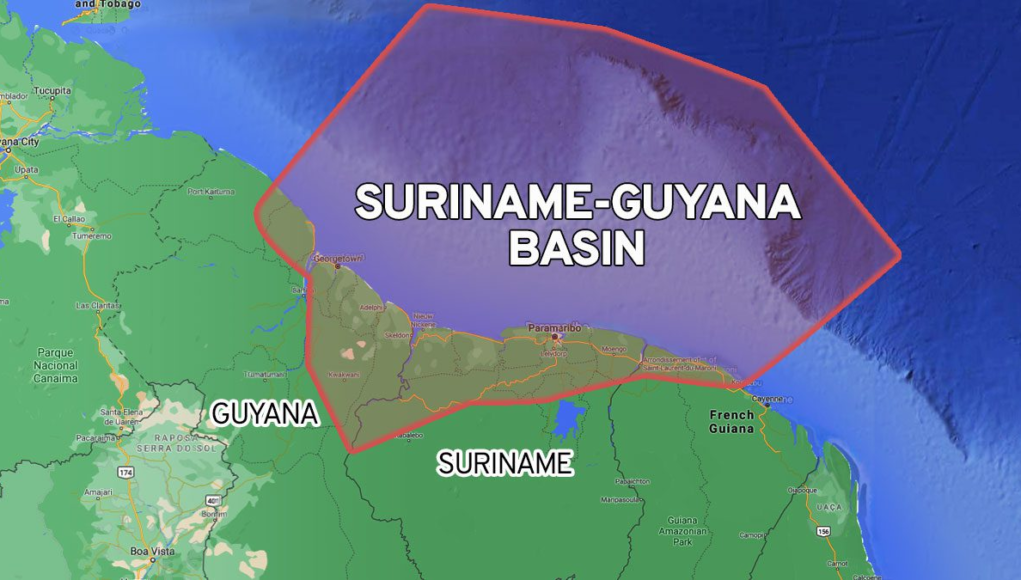Suriname will soon join Guyana in developing the region’s most attractive basin in the last decade, with a Final Investment Decision (FID) expected this week for the country’s first offshore oil and gas development.
Reuters reported that on Tuesday, French oil major TotalEnergies ([TTEF.PA](http://TTEF.PA “”)), will sign the FID for the more than US$10 billion offshore development. The Gran Morgu field is estimated to hold 700 million recoverable barrels of oil equivalent (boe). This field is located in the Block 58, about 140 km offshore Suriname and adjacent to ExxonMobil’s (XOM.N), massive 11.6 billion-barrel find in neighbouring oil hotspot Guyana.
S&P Global had reported that the Guyana-Suriname basin is estimated to have 18.7 billion boe.
First oil from the Gran Morgu field is expected early 2028, with the use of a floating production, storage and offloading vessel (FPSO) with the capacity of processing 200,000 barrels of oil per day.
Sources revealed to Reuters that TotalEnergies Chief Executive Officer (CEO) Patrick Pouyanne, will fly to Paramaribo for a FID announcement alongside Surinamese President Chan Santokhi before travelling to New York for the company’s investor day on Wednesday.
Last week, Annand Jagesar the CEO of Suriname’s state-owned energy company and market regulator Staatsolie, revealed that it was “highly likely” that Staatsolie would succeed in raising the funds needed to exercise its option to buy a 20% stake in the project, which is currently split 50-50 between operator TotalEnergies and the Texas-based APA (APA.O). Both Staatsolie and APA declined to give Reuters a comment.
Staatsolie has estimated Suriname’s oil and gas resources could bring in between US$16 billion and US$26 billion — dwarfing the country’s US$4.34 billion Gross Domestic Product (GDP).
Moreover, the Suriname project is part of TotalEnergies strategy to focus on low-cost, low-emissions upstream oil projects. In fact, Pouyanne had said that the oil will be able to be produced for under US$20 per barrel, while respecting the company’s emissions cap of 18 kg of CO2-equivalent per barrel of oil equivalent on new projects.













